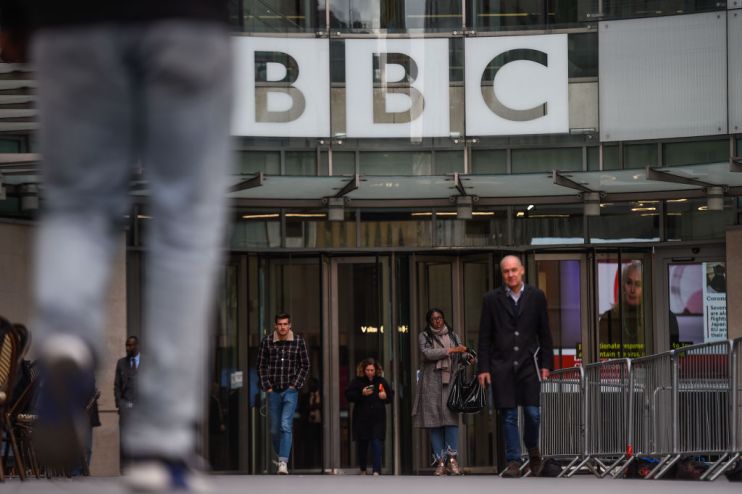The government must recognise that the BBC is invaluable to ‘Brand Britain’

Perhaps it was always inevitable that an organisation defined by its impartiality would be surrounded by politics. The BBC’s licence fee is in the news once again as the government looks to culture secretary Nicky Morgan to review how the corporation should be funded once the current charter ends in 2027. At the heart of the argument is whether non-payment of the licence fee should be criminalised – or whether the licence fee should exist at all.
That debate is welcome not because it pressures the BBC, but because it gives us a chance to examine its real worth to the UK. The content produced across the corporation’s platforms, particularly its journalism, continues to be world leading. In the age of fake news, the BBC has stood out, emphasising the premium on objectivity and accuracy that has returned to endorse responsible news organisations. Domestically, the journalistic standards we enjoy from other media outlets are set, in part at least, because they have to compete with a news body which cannot, by definition, arbitrage partiality for financial gain. That has been a subtle but strong defence against the impact of misinformation in the UK.
In terms of the nation’s economy, the BBC benefits markets and protects the open society and politics that investors cherish. More tangibly, it employs 22,000 people throughout the regions and nurtures a significant amount of talent for across fast-growing international media sectors. Worldwide, the BBC’s commercial venture, brought in a record £243 million last year at a time when most media organisations are struggling to get a total valuation anywhere near that. On-demand services such as iPlayer and BBC Sounds have put the corporation in a robust place when it comes to discussing how it might be funded going forward, notably to compete with the likes of Amazon and Netflix – both of which air BBC shows.
This is good economic reasoning, but none of this takes into account the soft power the UK gets from the BBC. As a vehicle for exporting British products, creativity, innovation and values, it is second to none. The breadth of coverage and the emphasis the worldwide arm puts on telling global stories aren’t just informing, entertaining and educational in their own right; they also expose exactly the kind of branding Britain should be taking into the world in 2020. The BBC has achieved something unique: quality guaranteed by denial of self-interest. This is not to say the BBC haven’t got things wrong, and it is not to subjectively defend them, it is simply recognising their market value.
The media produced by the BBC has also helped to build public sentiment towards prudent policy. One example is how it highlights the resonating importance of culture and sport to the British psyche. Another is how shows such as Planet Earth II help us all to visualise the fragility of the ecology we live in. When David Attenborough shared a stage with Boris Johnson recently, ahead of the UK’s hosting of the UN Climate Change Conference later this year, it was an illustration of the heritage and integrity of the BBC’s work.
The government is applying a political logic by painting the BBC as partial while simultaneously threatening its funding. This is erroneous. To diminish the unique position the corporation holds as Britain’s global media ambassador will have long-lasting economic and diplomatic implications. The real question is not over the value of the BBC, but whether a government that is suspicious (or ignorant) of interconnectivity and mutual benefit, comprehends that value.